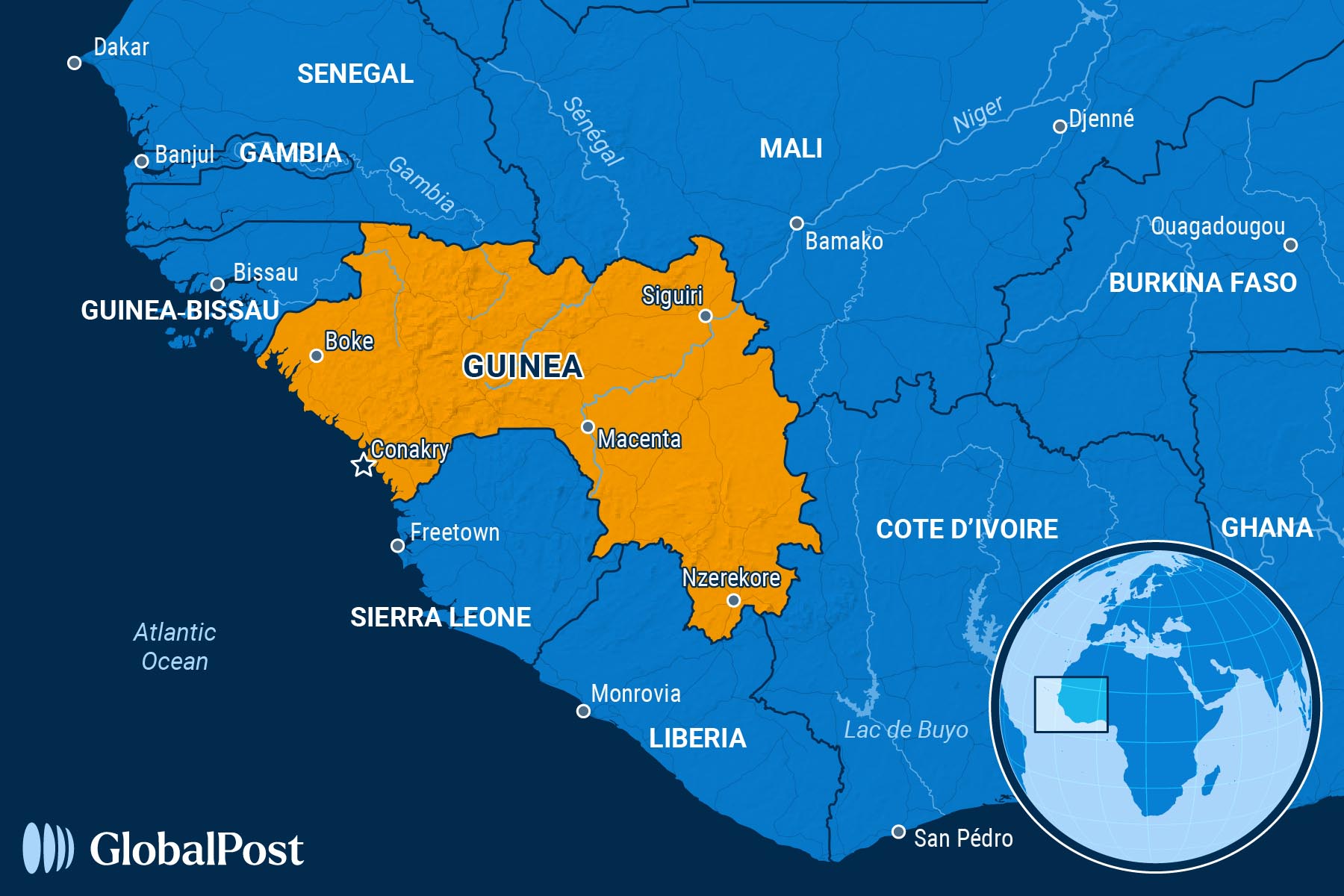Guinea’s Junta Leader Slow-Walks a Transition To Democracy While Undermining It

One would think that a referendum asking whether a country’s military junta should step down and shepherd the government’s transition to a constitutional democracy would be a no-brainer for many voters.
But things aren’t so simple in the West African nation of Guinea.
Current Guinean interim President Mamady Doumbouya launched a coup d’état in 2021. A year later, he proposed a vote to return the country to an elected leadership but never organized an election, reported Reuters. He also missed a December 2024 deadline for a return to civilian rule. Then, in April, he announced that a referendum on a new constitution – a precursor to a transition to civilian rule – would take place on Sept. 21.
Military juntas aren’t necessarily very adept at giving up their power, though.
For example, Doumbouya cracked down on freedom of the press, expression, association, and political dissidents. Enforced disappearances, once rare in the country, are now becoming increasingly common.
“Each of us is afraid for his own safety,” Abdoulaye Kourouma, a leader of the opposition Rally for Renaissance and Development political party, said in an interview with the Guardian earlier this year. “Whether you are a scientist, a university scholar, an opinion leader, a … journalist, no one speaks today.”
The trend hasn’t abated, despite the interim president’s apparent desire to embrace the will of the people.
British international human rights organization Article 19 described the civic space in the capital of Conakry and elsewhere as “shrinking” in the run-up to the referendum. In recent months, Doumbouya’s underlings have suspended political parties, banning them from organizing demonstrations or other campaigns that they would launch to sway voters on the choice between the junta and the ballot box.
The banned parties complained that the move was designed to squelch healthy debates about the important vote, explained the Jurist.
The country’s leadership also briefly banned media outlets from quoting those parties. Further, the government suspended access to Guinee360.com, a local French-language news website, from this September to December. The rationale was “professional shortcomings” and “manipulation of information.” The interim president has since reversed that decision, but the prohibition against citing opposition parties still stands, Africanews reported.
Meanwhile, he appears on posters and at rallies across the country.
The fact is, Doumbouya has no intention of returning Guinea to democracy, argued World Politics Review.
“Ever since the coup three and a half years ago, the… junta… has implemented delaying tactics to postpone the return to constitutional order: It organized ‘national consultations’ and ‘political dialogues,’ all of which were boycotted by the main political parties, and claimed that it needed to conduct a census to create a new electoral roll. It has spent the past year drafting a new constitution, whose text so far remains a closely guarded secret,” it wrote. “The goal was to gain time to consolidate power and eliminate opponents, even as Doumbouya promised he would hand power back to a democratically elected civilian government.”
If he is embracing democracy, moreover, he’s likely doing so because he wants to run for president, the Africa Report added. He then could continue to run the government as he sees fit while enjoying the legitimacy of popular support.
Would the voters support him? That’s not clear, say analysts.
Among the issues worrying the public in the run-up to the vote is a liquidity crisis in the country – there simply isn’t enough cash floating around. That’s shaking public confidence in the economy and the government.
Small vendors such as Mariama Kamara, who sells vegetables in Conakry’s Tower Market, say they have hardly done any business recently because customers don’t have any cash, a development that’s to be expected in a country where only 15 percent of the population have bank accounts.
“There are no buyers, it’s been like this for days,” she told Al Jazeera recently. “Look at my goods, they are just rotting away.”

Subscribe today and GlobalPost will be in your inbox the next weekday morning
Join us today and pay only $46 for an annual subscription, or less than $4 a month for our unique insights into crucial developments on the world stage. It’s by far the best investment you can make to expand your knowledge of the world.
And you get a free two-week trial with no obligation to continue.
